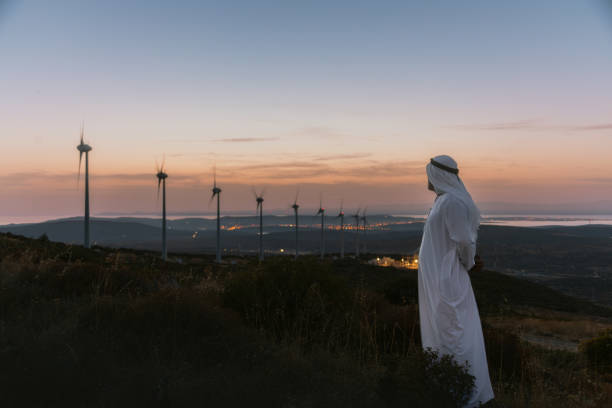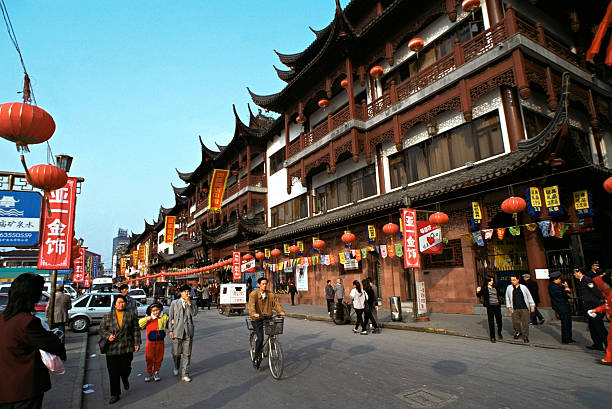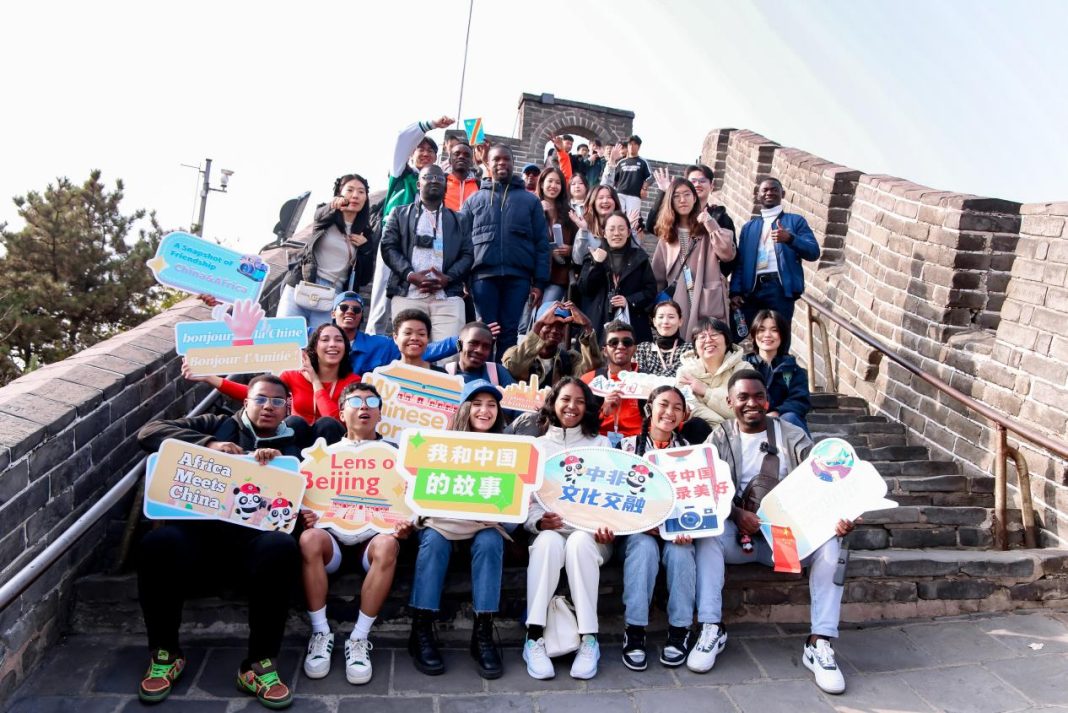While the world watches the ongoing tug-of-war between major global powers like the U.S., China, and Russia, a smaller, yet rapidly rising player has been quietly making its mark on the African continent. The United Arab Emirates (UAE), a nation often overshadowed by its larger counterparts, has been pouring billions of dollars into Africa, positioning itself as a formidable force in the region’s economic and geopolitical landscape.
Known primarily for its vast oil wealth, the UAE has long been a key player in global energy markets. However, its recent focus has shifted towards diversifying its investments, especially in Africa, as the country seeks to reduce its own reliance on oil. This strategic move comes at a time when both China and the U.S. have been deeply engaged in Africa, competing for influence and trade opportunities. Yet, the UAE has managed to carve out a niche for itself, sometimes even outmaneuvering China and raising eyebrows in Washington.
The UAE’s Strategic Moves in Africa
Over the past few years, the UAE has been building strong ties with various African nations, focusing on projects that extend beyond traditional investments like oil. The country’s influence is felt across the continent, with substantial investments in farmland, ports, airports, and infrastructure projects. These ventures serve not only to bolster economic growth but also to secure long-term interests, including access to valuable resources and strategic trade routes.
One of the UAE’s most significant moves has been its involvement in the development of major ports along the African coast. The UAE’s state-owned port operator, DP World, has made substantial investments in key ports in East Africa, including in Djibouti and Somaliland. These investments not only boost the UAE’s influence in trade but also give it a foothold in a region that sees millions of tons of goods being shipped through the Red Sea every year. This position allows the UAE to control key access points for global trade routes, which could provide a huge advantage as the global economy continues to grow and evolve.
In addition to ports, the UAE has been acquiring vast tracts of agricultural land across Africa. This is seen as a way for the UAE to diversify its investments, while also ensuring food security for its own citizens in the long term. Countries like Sudan and Ethiopia have become prime locations for UAE-backed agricultural projects, where vast pieces of arable land are being cultivated for both local consumption and export. These investments are not only securing food supplies for the UAE but also creating jobs and boosting local economies in the regions where these projects are based.
Influencing Local Politics and Conflict
The UAE’s growing presence in Africa is also marked by its involvement in local political dynamics and conflicts. While many countries on the continent have long been seen as battlegrounds for foreign influence, the UAE has managed to establish itself as a key player, often taking sides in local conflicts and playing a significant role in the resolution of political crises.
For instance, the UAE has been involved in various military and peacekeeping operations, particularly in conflict-ridden regions such as the Horn of Africa. In countries like Somalia and Sudan, the UAE has provided support to local governments, either through financial aid or direct military assistance. This support, while often framed as peacebuilding or humanitarian efforts, also strengthens the UAE’s political ties and secures its economic interests in the region. In this sense, the UAE’s involvement in African politics is not just about peace, but about ensuring its own growing influence and securing strategic partnerships with African leaders.
Moreover, the UAE’s presence in Africa has not gone unnoticed by global powers, particularly China and the U.S. As China continues to pour investments into Africa, with a focus on infrastructure and energy projects, and the U.S. maintains its own alliances across the continent, the UAE’s growing influence is seen as a challenge to these established powers. The UAE has even at times outbid Chinese companies for major infrastructure projects, frustrating Chinese ambitions in the region. This competition has created a unique dynamic where the UAE is positioning itself as a viable alternative to China’s economic dominance and a significant counterbalance to American influence.
The UAE’s Soft Power and Humanitarian Efforts
Apart from its economic and political influence, the UAE has also been using soft power as a tool to strengthen its position in Africa. The country has invested heavily in humanitarian efforts across the continent, providing financial aid for development projects, healthcare, and education. These initiatives are often seen as an extension of the UAE’s foreign policy, aimed at creating goodwill and fostering positive relations with African nations.
One of the standout examples of the UAE’s humanitarian outreach is its extensive work in providing medical aid during health crises. For instance, during the Ebola outbreak in West Africa, the UAE was one of the first nations to offer support, sending medical supplies, teams of doctors, and financial assistance to affected countries. This kind of assistance has further solidified the UAE’s image as a benevolent and reliable partner to many African nations, enhancing its influence without the need for military or economic coercion.
In addition to healthcare, the UAE has been heavily involved in education projects across the continent. The country has set up schools, vocational training centers, and universities in various African nations, particularly in East Africa. These initiatives are not only improving access to education but also strengthening ties between the UAE and African governments. By positioning itself as a partner in Africa’s human capital development, the UAE is ensuring that it has strong diplomatic and cultural ties that will continue to benefit it in the future.
The Challenges Ahead
Despite its growing influence, the UAE faces several challenges in its quest to become a dominant force in Africa. The first challenge is maintaining its influence in a region that is highly competitive, with several other global powers, including China, the U.S., and the European Union, vying for the same resources and opportunities. As the global economy shifts, and African nations continue to grow in importance, the competition for influence is expected to intensify, making it harder for the UAE to maintain its current level of dominance.
Moreover, the UAE’s heavy involvement in local conflicts and political matters could potentially backfire. While its interventions have helped solidify relationships with certain African governments, they have also led to accusations of interference in sovereign matters and of contributing to regional instability. The UAE’s alliance with certain factions in ongoing African conflicts has also attracted criticism, particularly from those who view these interventions as self-serving rather than focused on peacebuilding and development.
Looking to the Future
Looking ahead, the UAE’s investments in Africa are expected to continue growing, with the country focusing on areas like renewable energy, technology, and infrastructure. As the global energy landscape shifts away from fossil fuels, the UAE is likely to invest more in clean energy projects across Africa, helping the continent meet its growing energy demands while simultaneously reducing its dependence on oil.
The UAE’s approach to Africa, with a mix of economic investments, political involvement, and humanitarian outreach, makes it a unique player in the region. Whether the UAE can maintain its current trajectory and continue to outmaneuver China and the U.S. remains to be seen. However, one thing is certain: the small Gulf nation is steadily shaping the future of Africa in a way that could have far-reaching implications for global geopolitics in the years to come.






